如何在Java中定义迭代器(Iterator)?
 发布于2023-04-29 阅读(0)
发布于2023-04-29 阅读(0)
扫一扫,手机访问
1.interator的接口定义
Iterator是Java迭代器最简单的实现。
public interface Iterator {
boolean hasNext();
Object next();
void remove();
}2.Iterator中的常用方法
(1)E next():返回迭代中的下一个元素
(2)boolean hasNext():如果迭代具有更多元素,则返回true
3.Iterator迭代实例
public class IteratorDemo {
public static void main(String[] args) {
Collection<String> coll = new ArrayList<String>(); //多态
coll.add("abc1");
coll.add("abc2");
coll.add("abc3");
coll.add("abc4");
// 迭代器,对集合ArrayList中的元素进行取出
// 调用集合的方法iterator()获取Iterator接口的实现类的对象
Iterator<String> it = coll.iterator();
// 接口实现类对象,调用方法hasNext()判断集合中是否有元素
// boolean b = it.hasNext();
// System.out.println(b);
// 接口的实现类对象,调用方法next()取出集合中的元素
// String s = it.next();
// System.out.println(s);
// 迭代是反复内容,使用循环实现,循环的终止条件:集合中没元素, hasNext()返回了false
while (it.hasNext()) {
String s = it.next();
System.out.println(s);
}
}
}
本文转载于:https://www.yisu.com/zixun/578732.html 如有侵犯,请联系admin@zhengruan.com删除
产品推荐
-

售后无忧
立即购买>- DAEMON Tools Lite 10【序列号终身授权 + 中文版 + Win】
-
¥150.00
office旗舰店
-

售后无忧
立即购买>- DAEMON Tools Ultra 5【序列号终身授权 + 中文版 + Win】
-
¥198.00
office旗舰店
-

售后无忧
立即购买>- DAEMON Tools Pro 8【序列号终身授权 + 中文版 + Win】
-
¥189.00
office旗舰店
-

售后无忧
立即购买>- CorelDRAW X8 简体中文【标准版 + Win】
-
¥1788.00
office旗舰店
-
正版软件
- 解决PHP7无法下载PDF文件的方法
- 标题:解决PHP7无法下载PDF文件的问题,详细代码示例随着技术的不断更新,PHP7版本的出现给开发者带来了许多新特性和性能优势。然而,有时候在使用PHP7进行文件下载时,特别是下载PDF文件时会遇到一些问题,导致无法正常下载文件。本文将介绍PHP7无法下载PDF文件的问题以及解决方案,并给出具体的代码示例。一、问题描述:在使用PHP7进行文件下载时,如果是
- 6分钟前 PHP PDF 下载 0
-
正版软件
- PHP分页实现原理与方法详解
- PHP分页是网页开发中常见的功能,特别是在展示大量数据时,为了避免界面混乱和提升用户体验,分页功能显得尤为重要。本文将详细解释PHP分页的原理及实现方法,并提供具体的代码示例,帮助读者轻松掌握这一技术。1.分页原理分页的原理是根据用户的需求,将数据库中的数据分成多个页面进行展示,用户可以通过点击不同的页码来切换显示的数据。一般来说,分页功能需要两个关键参数
- 12分钟前 分页 PHP 实现 0
-
正版软件
- WordPress网站头部错位对用户体验的影响及解决方法
- WordPress网站头部错位如何影响用户体验及解决建议在网站设计中,头部是用户首次接触到的地方,扮演着非常重要的角色。如果WordPress网站的头部错位,将会直接影响用户体验,降低用户对网站的信任感和使用体验。本文将讨论头部错位的影响以及解决建议,并提供具体的代码示例。头部错位如何影响用户体验:视觉不舒适:头部错位会让用户感觉页面布局混乱,视觉上的不舒适
- 27分钟前 用户体验 头部错位 0
-
正版软件
- 学习如何使用PHP实现分页功能的详细指南
- PHP实现分页功能的完整教程在网站开发中,常常会遇到需要分页展示大量数据的情况,为了提升用户体验和减少服务器负担,我们可以通过PHP来实现分页功能。本文将为大家介绍如何使用PHP实现分页功能,包括实现分页逻辑、编写代码示例和展示分页效果。一、分页逻辑在实现分页功能之前,首先需要了解分页的基本逻辑。分页通常包括以下几个参数:当前页码:表示当前所在的页数。每页显
- 42分钟前 分页 教程 PHP 0
-
正版软件
- 实现PHP简体到中文的转换
- PHP简体转中文的实现方法在开发网站或应用程序时,经常会遇到需要将简体中文转换为繁体中文的需求,这在涉及国际化或地区化的项目中尤为重要。在PHP中实现简体中文转换为繁体中文的过程并不复杂,下面将介绍具体的实现方法并提供代码示例。1.使用第三方库在PHP中,有许多第三方库可用于简繁体转换,其中最常用的是opencc-php。这是一个基于OpenCC开源
- 57分钟前 PHP 实现 简体转中文 0
最新发布
-
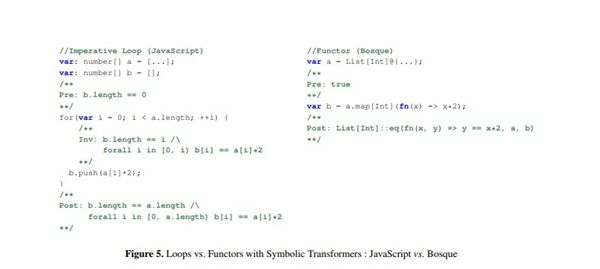 1
1
-
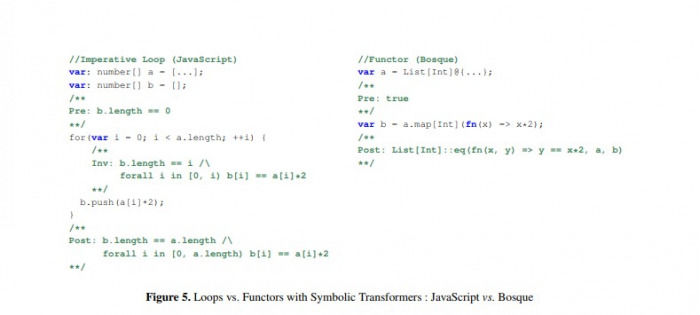 2
2
-
3
- Vue组件中如何处理图片预览和缩放问题
- 448天前
-
 4
4
-
 5
5
-
 6
6
- Python实战教程:批量转换多种音乐格式
- 619天前
-
7
- WebSocket协议的优势与劣势分析
- 450天前
-
8
- java动态代理实例代码分析
- 620天前
-
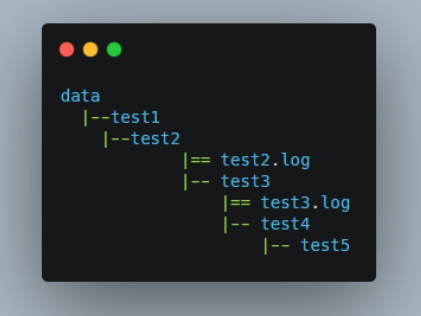 9
9
- java io文件操作删除文件或文件夹的方法
- 617天前
相关推荐
热门关注
-
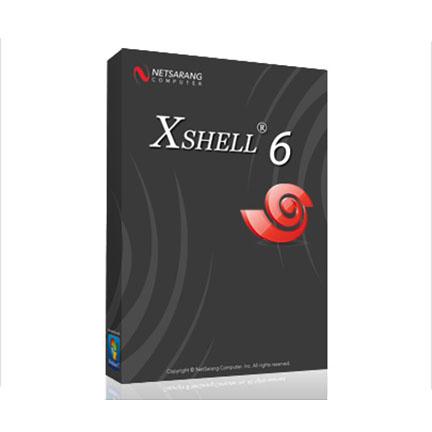
- Xshell 6 简体中文
- ¥899.00-¥1149.00
-

- DaVinci Resolve Studio 16 简体中文
- ¥2550.00-¥2550.00
-
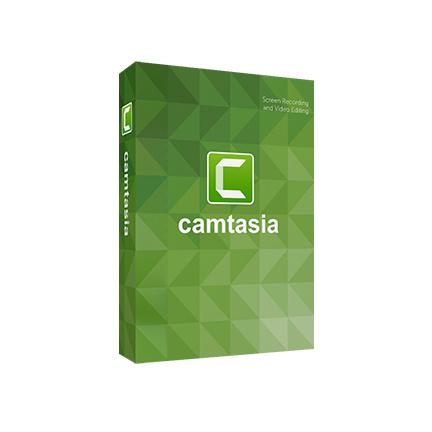
- Camtasia 2019 简体中文
- ¥689.00-¥689.00
-
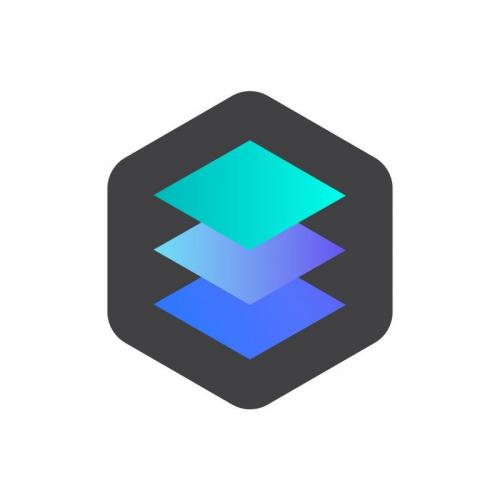
- Luminar 3 简体中文
- ¥288.00-¥288.00
-
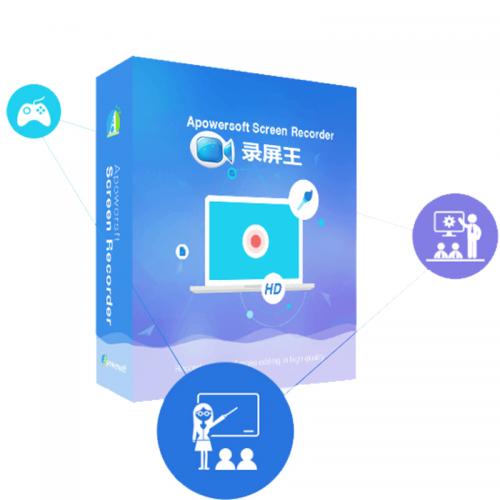
- Apowersoft 录屏王 简体中文
- ¥129.00-¥339.00